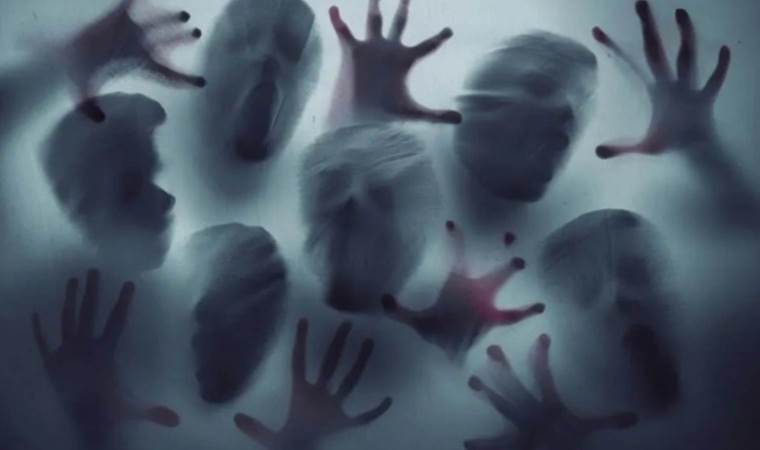"Cambridge Dictionary names 'hallucinate' as word of the year, expanding its meaning
Cambridge Dictionary has declared 'hallucinate' as its word of the year, introducing an expanded definition.

Historically, hallucination meant experiencing sensory perceptions of absent entities, such as seeing nonexistent pink elephants due to a head injury, drug use, or health conditions.
Today, this concept extends beyond human experience. With the integration of advanced technology like ChatGPT, Bard, BingAI, and Snapchat’s chatbots into daily life, artificial intelligence now 'hallucinates' too. These AI systems, while analyzing vast data sets to mimic human dialogue, occasionally produce inaccurate or unverified information. Recognizing this phenomenon, the Cambridge Dictionary now defines AI hallucination as: "When an artificial intelligence, a computer system with human brain-like qualities, hallucinates, it generates false information."
Wendalyn Nichols, Publishing Manager at Cambridge Dictionary, emphasizes the importance of human critical thinking when utilizing AI. Despite AI's proficiency in processing large volumes of data, its originality can lead to errors. AI tools, reliant on their training data, reflect this limitation.
The new meaning of 'hallucination' encapsulates the growing discourse around AI's role and reliability. It serves as a prompt for tech companies to address AI inaccuracies, now wittily termed as 'hallucinating'.
Most Read News
-
 Cuba open to dialogue with US but rules out talks on con
Cuba open to dialogue with US but rules out talks on con
-
 Global Sumud aid flotilla to set sail again for war-torn
Global Sumud aid flotilla to set sail again for war-torn
-
 Trump says fatal Minneapolis shootings may lead to ‘soft
Trump says fatal Minneapolis shootings may lead to ‘soft
-
 America’s support for ICE and Trump immigration policies
America’s support for ICE and Trump immigration policies
-
 Greek premier to visit Türkiye for 6th high-level cooper
Greek premier to visit Türkiye for 6th high-level cooper
-
 US judge blocks warrantless immigration arrests in Orego
US judge blocks warrantless immigration arrests in Orego
-
 Germany’s Merz calls on Iran to halt nuclear program, wa
Germany’s Merz calls on Iran to halt nuclear program, wa
-
 Witkoff says Russia and Ukraine agree to exchange 314 pr
Witkoff says Russia and Ukraine agree to exchange 314 pr








